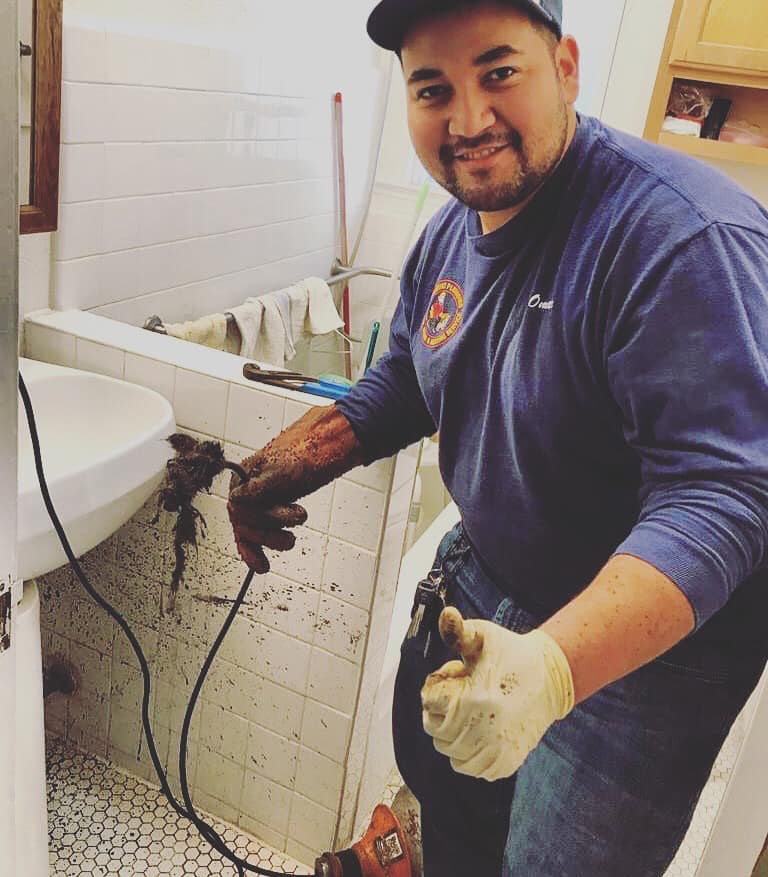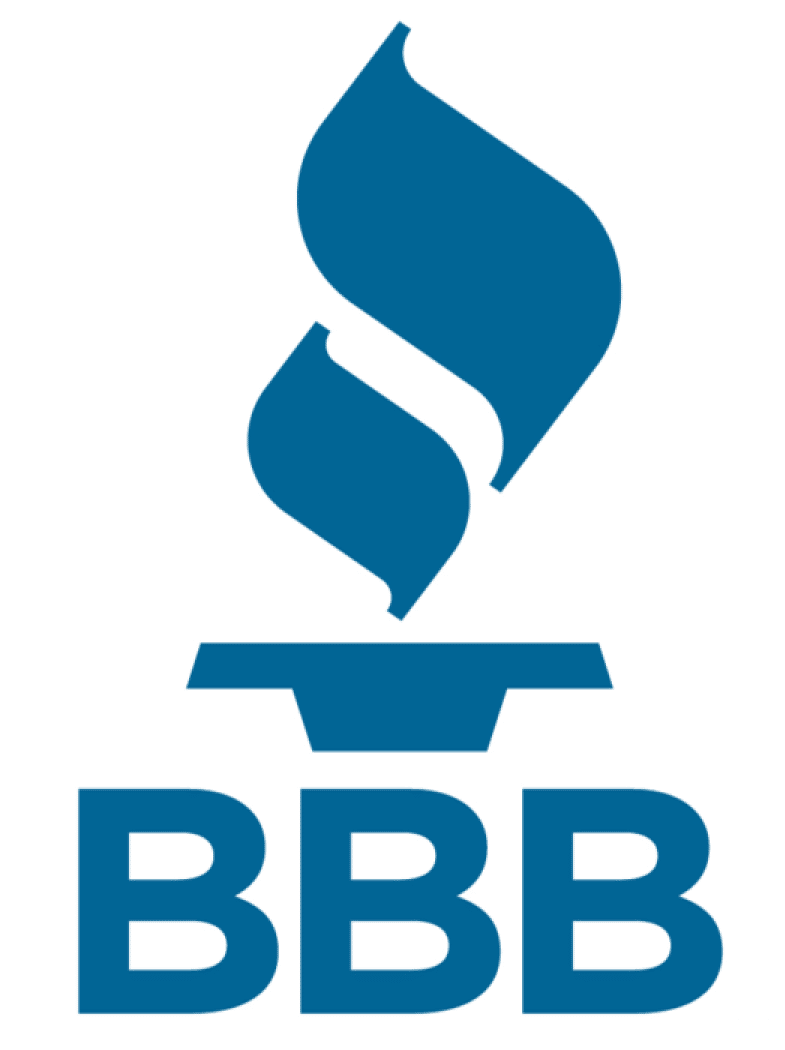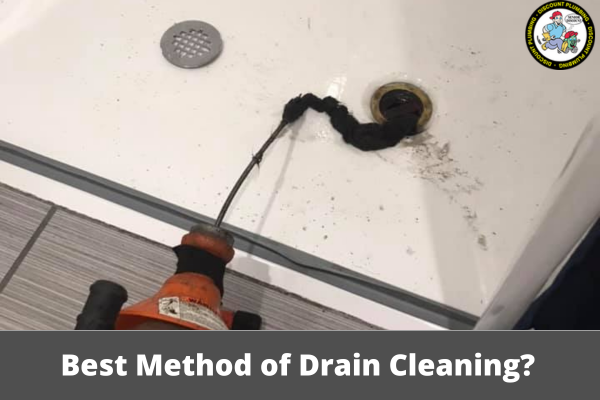Clogged drains can be extremely frustrating and inconvenient to deal with. Not only can they cause water damage, but they can also lead to unpleasant odors and an unhygienic environment.
There are several methods of drain cleaning, but not all of them are equally effective. Discovering the best method of drain cleaning can be tricky.
Read on to gain insights on different approaches, helping you pick the perfect method for your needs!

What Is Use to Clean Drains?
Types of Drains
Knowing the different types of drains is crucial because it affects the cleaning approach you need to take. There are four types of household drains: kitchen sink drains, shower and bathtub drains, bathroom sink drains, and toilet drains.
Kitchen sink drains typically accumulate food particles over time and require particular attention to avoid clogs. Shower and bathtub drains, on the other hand, often accumulate hair and soap scum. Bathroom sink drains require cleaning mainly due to toothpaste, hair, and soap. Finally, toilet drains need regular cleaning to prevent toilet ring buildup and clogs.
Chemical Drain Cleaners
Chemical drain cleaners are readily available in the market and are typically used by homeowners. A chemical drain cleaner comprises strong chemicals that dissolve hair, soap, food, or any other debris that may have accumulated in the drains.
While they can provide instant relief from clogs, they can cause damage to the pipes over time. The harsh chemicals in these cleaners eat away at the pipes, leading to leaks and pipe wear. Long-term use of these cleaners can be harmful to the environment as well. Moreover, they pose a risk to your health and safety as they can burn the skin and eyes.
Enzymatic Drain Cleaners
Enzymatic drain cleaners are a more environmentally friendly and safe alternative to chemical drain cleaners. They contain enzymes and bacteria that break down the clogs and naturally get rid of the debris.
Enzymatic cleaners are slower-acting than chemical cleaners, but are more gentle on the pipes and don’t pose any risk to human health or the environment. They are not recommended for heavily clogged drains, however, and it may take several applications to see results.
Plungers
Plungers are an effective and inexpensive way to clear minor clogs. They work by creating suction and pressure, which can break up and dislodge the blockage.
To use a plunger, simply place it over the drain and push up and down in a rhythmic motion. If the clog persists, you may need to try a different method or call a professional plumber for help.
Drain Auger
Also known as a plumbing snake, a drain auger is a flexible steel cable with a drill-like apparatus that dislodges, clogs and clears the drain.
A drain auger can be used for several types of clogs, including hair, food, and grease. It is especially useful for reaching deeper clogs that other methods may not be able to tackle.
Drain augers are relatively inexpensive and widely available. However, they can be difficult to use and require a certain level of expertise. Also, if used improperly, they can cause damage to the pipes.
Hydro Jetting
Hydro Jetting is a more powerful and thorough method of drain cleaning. It uses high-pressure water to blast away clogs and buildup, leaving your pipes clean and clear.
It’s an effective solution for more severe clogs and can also help prevent future ones from forming. However, it can be expensive and should only be done by a qualified professional.
What Is Best to Keep Drains Clean?
Drain clogging can be a nuisance to deal with. It can cause unpleasant odors, a slow drain, or even worse, a complete drainage blockage. To prevent these, it’s essential to keep your drains clean. But, what is best to keep drains clean?
Use a Drain Guard
One easy way to prevent clogs is by using a drain guard. These are simple devices that are placed over the drain to catch hair, food particles, and anything else that could cause blockages. They’re easy to find, affordable, and efficient. All you have to do is place them over the drain and empty them periodically.
Regular Cleaning
Regular drain cleaning can prevent clogs and keep your drains working flawlessly. You can use natural methods like baking soda and vinegar or store-bought products. Pour a cup of baking soda down the drain, followed by a cup of vinegar. Wait for a few minutes, then flush with hot water.
H3: Avoid Pouring Grease Down the Drain
Grease and oils should never be poured down the drain. They can solidify and cause blockages. Instead, wipe off grease with a paper towel and dispose of it in the trash can. You can also collect used cooking oil in a container and dispose of it separately.
Regular Hot Water Flushes
Running hot water down the drains can help to dissolve grease and oils that might stick to the sides of the pipes and cause blockages. At least once a week, pour boiling hot water down your drain to clear away any debris especially if you’ve cooked with oils. Avoid using hot water on PVC pipes or older metal pipes.
Consider a Professional Cleaning
If you have frequent clogs or suspect a serious blockage, contact a plumbing professional to perform a sewer jetting. This involves water pressure to remove buildup and break down grease, tree roots, and other debris in your waste drains.
Conclusion
It is important to take careful consideration when deciding which drain cleaning method to select. There are many variables that must be taken into account such as the type of clog and the availability of resources.
Household methods are often inexpensive but may not always be successful in clearing tough blockages. Professional drain cleaners can provide safe and efficient solutions for any household plumbing problem.
If you’re looking for quick and reliable drain cleaning services, Discount Plumbing San Diego is here to help. Our experienced technicians are well-equipped with the latest tools and techniques to provide prompt solutions that get your pipes flowing again. Get in touch today!




